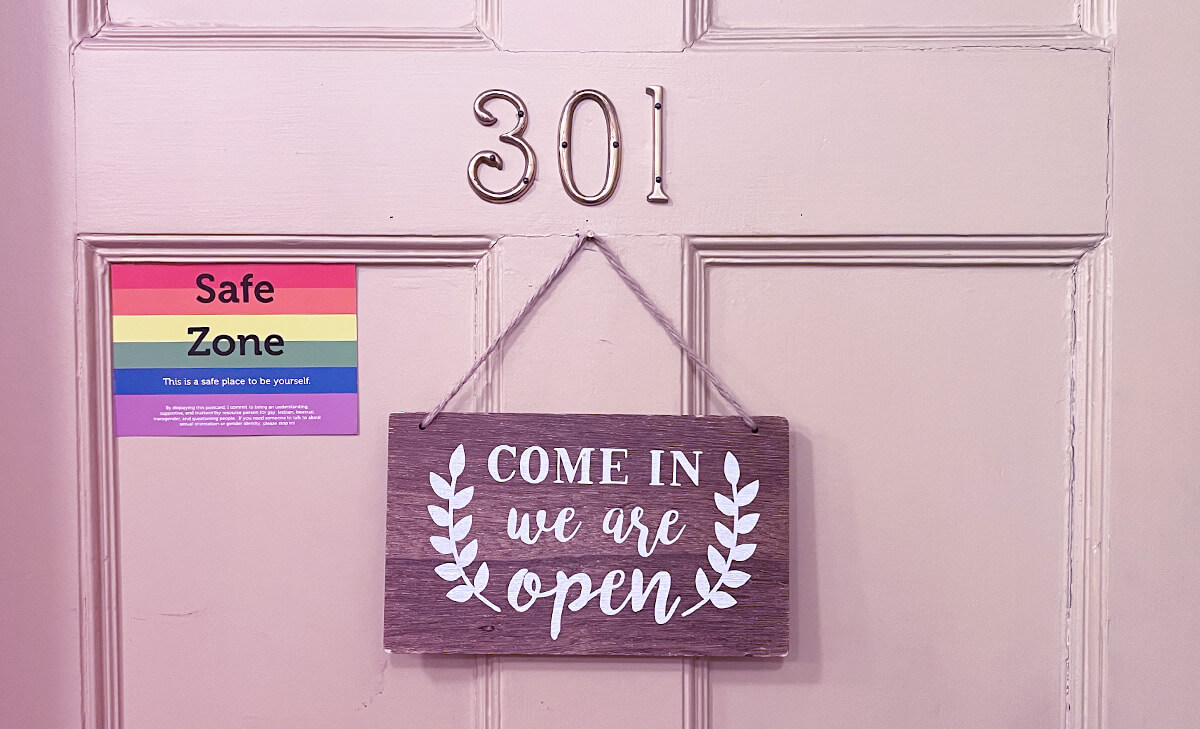LGBTQ+ Family Law and Domestic Partners
e have considerable expertise and experience in meeting the needs of LGBTQ+ clients and couples. Marriage has been available to all same-sex couples in the United States since 2015, based on the Obergefell v. Hodges decision of the United States Supreme Court.
Our office has been actively involved in efforts to reform the law to better protect LGBTQ+ clients, including litigation to extend the right to marry to gay and lesbian couples, and the protection of transgender clients through the inclusion of gender identity and expression in non-discrimination laws on the local, state, and federal level.
“Expertise in meeting the needs of LGBTQ+ clients and couples”
Marriage
Same-sex couples face unique considerations when they marry, and it is often advisable to enter into a pre-nuptial agreement (or post-nuptial agreement, for couples who are already married) to honor how they view their relationship and clarify how they want to address issues related to property, debts, and other legal consequences of marriage. Mediation and Collaborative Law are ideally suited to helping couples work out the details of a pre- or post-nuptial agreement in a loving, cooperative, and respectful way.
Domestic Partnerships
Some same-sex and opposite-sex couples choose not to marry, for a variety of reasons. This means that the extensive protections applicable to married couples are not available, and there is no safety net to protect partners in the event of illness or death. There are also no established legal rules that govern division of property and debts and other issues when a couple separates.
We work with domestic partners to make sure that they are protected as much as possible through health care proxies, living wills, durable powers of attorney, second-parent adoption, releases for access to medical information, and authorizations to obtain medical care for children and determine the disposition of their partner’s remains after death. Married couples also need to have these documents because marriage does not automatically give a spouse the right to make health care decisions, manage the spouse’s affairs during an illness, or obtain medical information. See the Wills, Trusts and Estates section of this website for more information.
A domestic partnership agreement specifies each partner’s rights and responsibilities in the event of a separation, and can avoid potentially painful, costly litigation. Collaborative Law or Mediation offers a cooperative, respectful way to negotiate domestic partnership agreements, or, if there is no agreement, negotiate the division of property and debts and arrangements for children when a couple separates.
Transgender Persons
We help transgender clients change their names through a legal procedure and guide them through the steps to change their names and gender markers on official documents.




